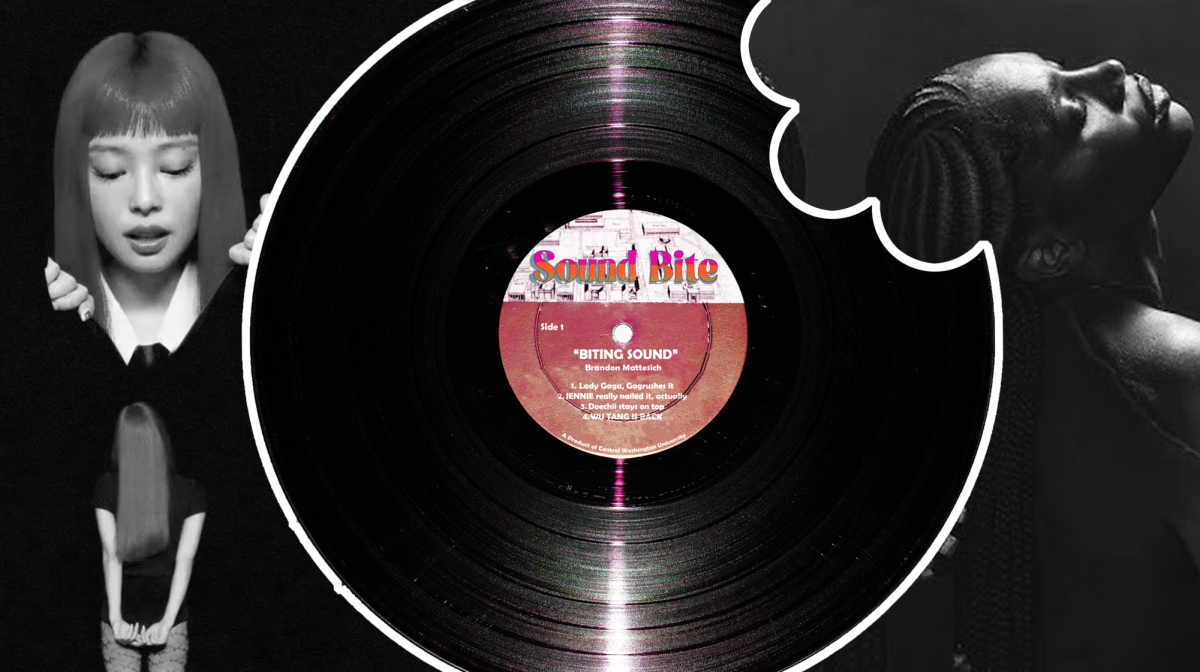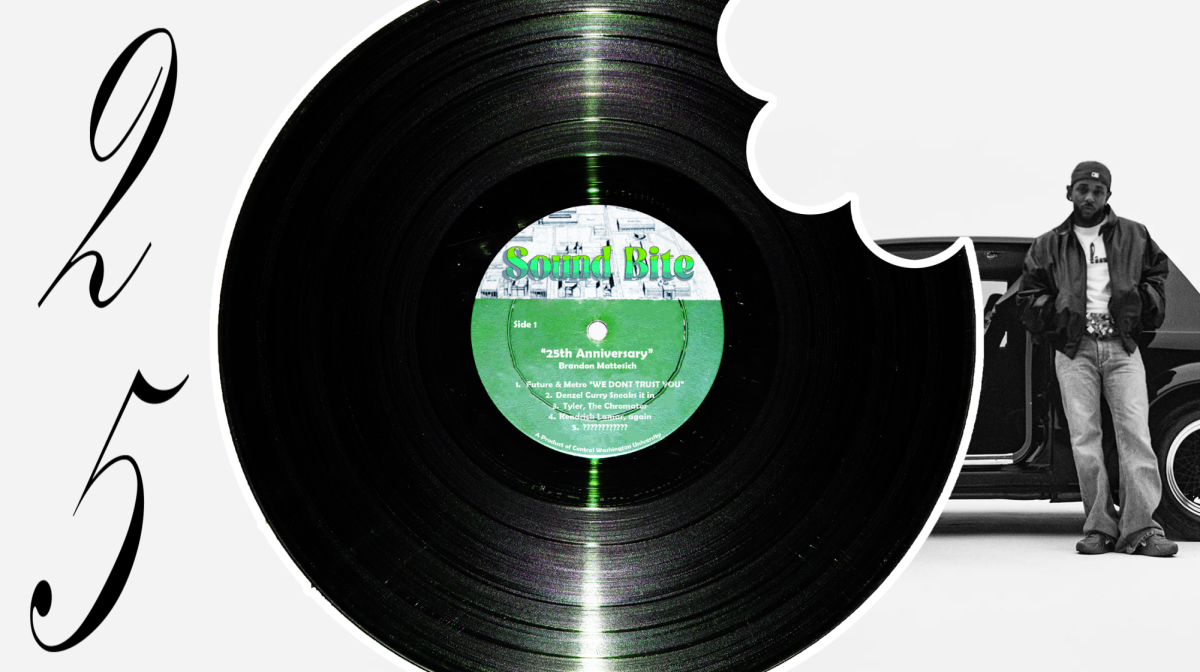As we reach the middle of winter, the days are getting shorter and the nights are getting longer. With the start of the winter quarter, students need to prioritize themselves and their mental health coming back from winter break. As daylight diminishes, this can often reflect on people’s mental health and overall moods.
According to the National Institute of Mental Health, Seasonal Affective Disorder (SAD), commonly known as Seasonal Depression is, “a type of depression characterized by a recurrent seasonal pattern, with symptoms lasting about 4−5 months out of the year.”
There are a wide range of different symptoms of seasonal depression and different ways that you can recognize it. Such as feeling low energy, changes in your appetite and cravings, having difficulties concentrating, feelings of sadness, oversleeping, trouble getting out of bed and lastly self-isolation.
There are many different reasons that people develop SAD and many causes for this disorder during the colder months. One cause comes from the change in sunlight which affects many people and their moods. Because of the lack of vitamin D, serotonin levels are down, resulting in people feeling less happy.
Because this disorder looks different for everybody and affects people differently, there are many different ways people can help themselves cope and feel better. One of the top recommendations to help treat SAD symptoms and seasonal depression is regular exercise. Not only is moving your body and exercising good for you physically, but it is also beneficial for your mental health. According to the National Library of Medicine, “Exercise improves mental health by reducing anxiety, depression, and negative mood and by improving self-esteem and cognitive function.”
Another way many people help boost themselves from this slump is by maintaining a routine. With the longer nights, it is easier to let the day slip away and get into a funk. Keeping a schedule can help keep you out of that funk and focus on yourself. Spending time outside and in nature is another way to cope and support your mental well-being. Of course, if you are having trouble with SAD and none of these coping mechanisms work for you, seeking professional help is also highly recommended.
Addressing seasonal sadness and maintaining mental health is critical as we enter the winter quarter. It is important to prioritize yourself and remember to take care of yourself this year.








